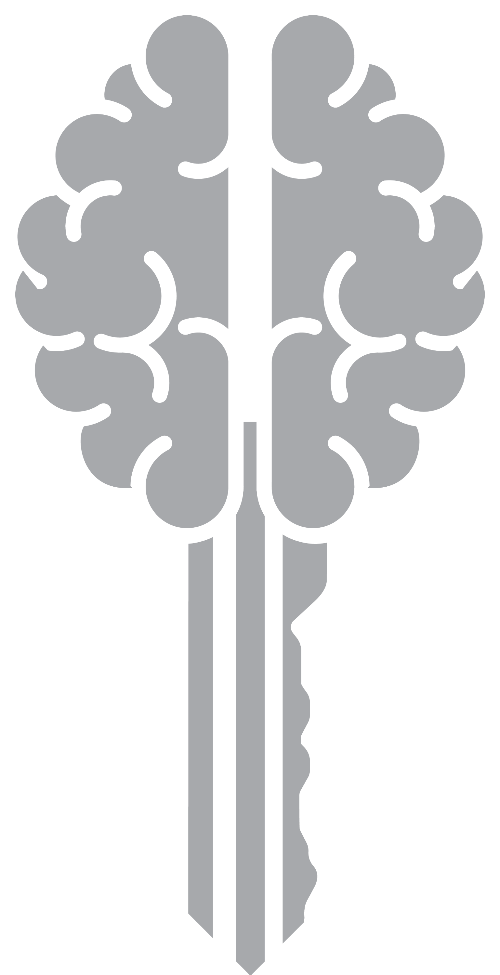The connection between physical and mental health is undeniable. Our bodies and minds are intricately linked, and the state of one can have a significant impact on the other. Holistic rehabilitation is an approach that recognizes this connection and addresses both physical and mental health in a comprehensive manner.
Physical health refers to the well-being of our bodies, including factors such as fitness, nutrition, and overall wellness. When our bodies are in good physical condition, we are better able to fight off illness, recover from injuries, and maintain a high level of energy and vitality. Regular exercise, a balanced diet, and sufficient sleep are all important components of physical health.
On the other hand, mental health refers to our emotional, psychological, and social well-being. It encompasses how we think, feel, and behave, and plays a crucial role in our overall quality of life. Good mental health is characterized by feelings of contentment, resilience, and the ability to cope with life’s challenges. It is essential for maintaining healthy relationships and achieving personal goals.
The connection between physical and mental health is a two-way street. Physical health can have a direct impact on mental health, and vice versa. For example, people who are physically active are less likely to experience symptoms of depression and anxiety. Exercise has been shown to release endorphins, chemicals in the brain that act as natural mood lifters. Additionally, a healthy diet and regular sleep patterns can contribute to improved mental well-being.
Conversely, poor physical health can have negative effects on mental health. Chronic illnesses, injuries, and pain can all contribute to feelings of frustration, hopelessness, and even depression. Similarly, high levels of stress or anxiety can manifest as physical symptoms such as headaches, muscle tension, and digestive issues.
Holistic rehabilitation recognizes the importance of addressing physical and mental health together. Rather than treating these aspects in isolation, holistic rehabilitation focuses on the whole person and considers all aspects of their health and well-being. This approach may include a combination of therapies and interventions, such as counseling, physical therapy, nutrition counseling, and stress management techniques.
By taking a holistic approach to rehabilitation, individuals can achieve lasting improvements in their overall health and well-being. They can learn to make positive lifestyle choices that support both their physical and mental health, leading to better outcomes and a higher quality of life. Holistic rehabilitation offers a comprehensive and individualized approach to recovery that can help individuals achieve optimal health and well-being.
For more information visit:
Step Free Recovery | Telehealth Medication Assisted Treatment
https://www.stepfreerecovery.com/
Unlock the power within you and break free from addiction. Discover StepFree Recovery, where new beginnings await. Find your path to complete healing and embrace a life of lasting recovery. Are you ready to reclaim control? Step into a world of endless possibilities at stepfreerecovery.com.

